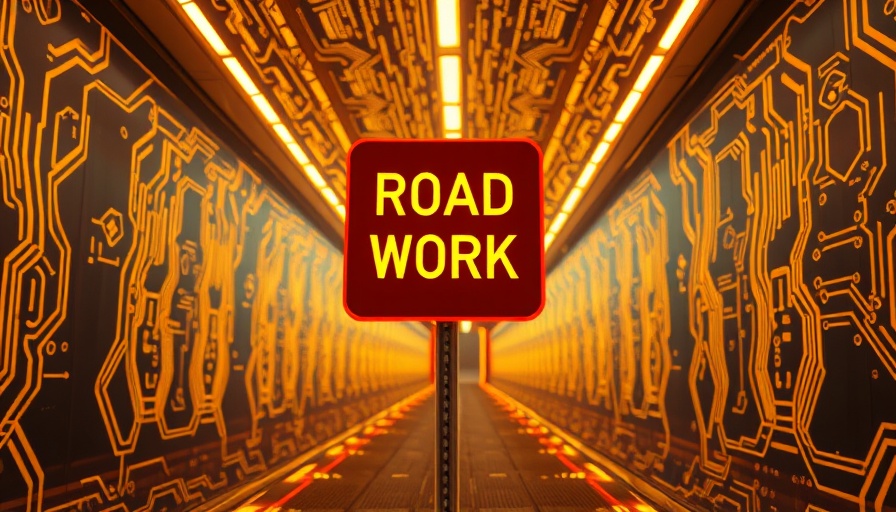
Understanding the Importance of AI Safety as an Ongoing Challenge
As artificial intelligence (AI) technologies continue to disrupt various industries, from marketing to tech development, executives must recognize that ensuring AI safety is not a one-time project but an ongoing institutional challenge. Traditional notions of safety, particularly in the context of technology, often evoke the idea of temporary measures meant to align systems with human values. However, as AI transforms society at an unprecedented rate, it’s critical to view safety as a continuous responsibility, which demands vigilance and adaptability.
Recognizing the Transformative Nature of AI
The advent of AI has sparked debates surrounding its potential to accelerate society towards either beneficial outcomes or catastrophic failures. An example can be found in the discussions around artificial general intelligence (AGI) – a future point where AI surpasses human intelligence. Critics warn of the apocalyptic theory indicating doom, while proponents cast a more optimistic view, heralding the benefits of miraculous advancements. CEO Mark Zuckerberg has described AI as capable of enhancing everything from healthcare to education. But as technology progresses, it’s our ethical responsibility to remain engaged rather than assume technology evolves in a vacuum.
The Need for Institutional Mindsets
Just as business leaders are required to develop strategies that adapt to market changes, society must cultivate institutional mindsets regarding AI safety. This requires a shift from treating AI alignment as a technical problem, demanding finite solutions, to recognizing that it requires a culture of ongoing deliberation. As highlighted by voices in the community, including researchers like Dobbe and Gilbert, deliberation should guide safety efforts, fostering diverse perspectives on how AI shifts power dynamics.
Actionable Insights for CEOs and Marketing Professionals
To effectively navigate the transformative landscape of AI technologies, CEOs and marketing managers need to actively engage with AI safety discussions. Here are some actionable insights:
- Stay Informed: Regularly consume content from AI ethics and safety thought leaders, participating in forums that engage with the complexities of AI.
- Encourage Diverse Perspectives: Foster a culture within your organization that prioritizes collaboration among technologists, ethicists, and social scientists to develop well-rounded approaches to AI challenges.
- Implement Continuous Learning: Treat your organization's AI strategies as evolving. Invest in training programs that equip employees with the tools to understand and adapt to new developments in AI technology.
The Future of AI Safety: Vigilance is Key
Looking forward, the need for **vigilance** against the risks associated with AI will only increase. As more industries adopt AI, from automated marketing campaigns to predictive analytics, the imperative to stay ahead of potential issues grows. Historical lessons, as noted by theorists of various backgrounds, remind us that transformative challenges typically unfold gradually rather than through sudden crises. We must cultivate a mindset of ongoing assessment, fostering a proactive approach to institutional safety mechanisms.
Call to Action
As decision-makers in the tech-driven field, your role in framing the conversation around AI safety is crucial. Engage with your teams to incorporate AI ethics and safety considerations into strategic planning today.
 Add Row
Add Row  Add
Add 




 Add Row
Add Row  Add
Add 

Write A Comment